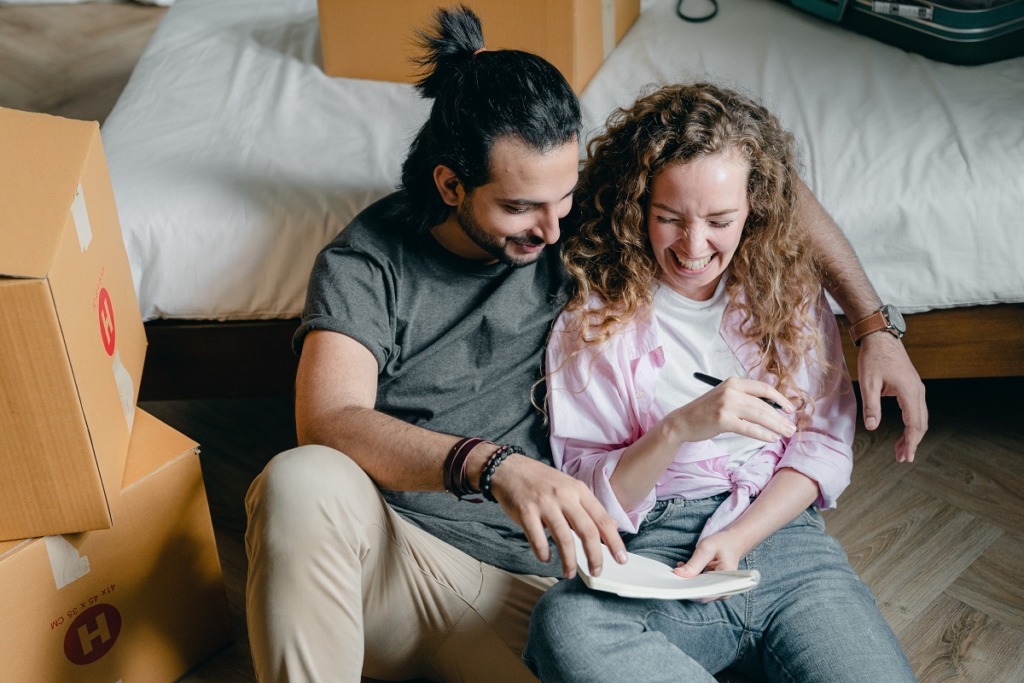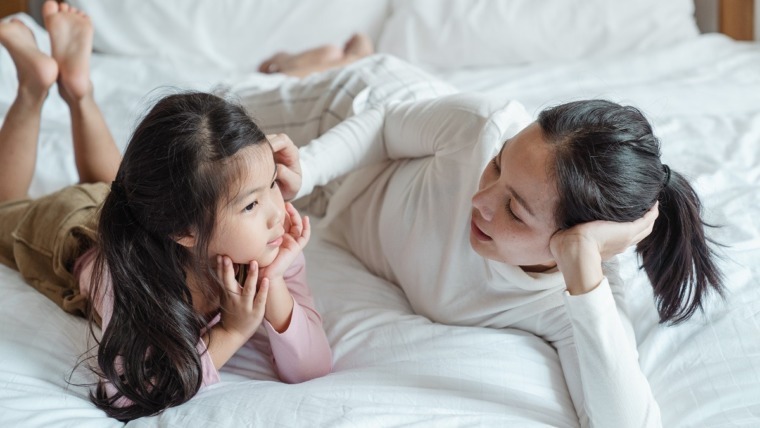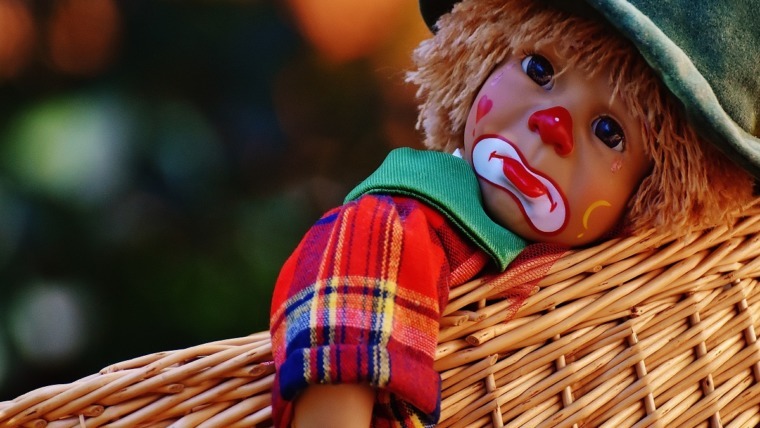
Written by Dr Melissa Keogh, Clinical Psychologist
New research in the journal Applied Psychology: Health and Wellbeing by Proyer, Gander, Brauer, & Chick (2020) (https://iaap-journals.onlinelibrary.wiley.com/doi/full/10.1111/aphw.12220) investigating the personality trait adult playfulness has found that playfulness can be stimulated by undertaking specific exercises and that increased playfulness positively impacts wellbeing and symptoms of depression in the short term.
THE STUDY (Positive Psychology)
The study was conducted using a European sample of 533 adults (81.6% women) aged 18-84 years and participants were assigned to either one of three playfulness groups or a control group.
The three playfulness conditions involved nightly recording (over a 7 day period) of either a) three playful things that occurred that day, b) how playfulness had been employed in a new or novel way or c) total playful events for the day. The control group involved writing about childhood memories.
Participants were tested on a range of measures prior to the experiment, following the experiment, as well as at 2, 4 and 12 weeks follow up.
Four different types of playfulness were described to participants and measured in the study, including:
- Other-Oriented Playfulness which denotes the inclusion of other people and emphasises joy obtained through social/interactional playfulness such as making a joke with a friend, playing a game with a loved one or spontaneous/unexpected acts such as buying a bunch of flowers for a partner for no particular reason.
- Light-hearted Playfulness which focuses on viewing life as an adventure rather than a chore, as a “playground” rather than a “battlefield” and encourages fun, silliness and improvisation over seriousness. It promotes a playful approach to life’s curve balls, a more easygoing way of being and favours spontaneity over planning.
- Intellectual Playfulness which involves more cognitive playfulness such as generating new and ideas and ways of solving complex tasks at work, or a comical play on words.
- Whimsical Playfulness which is a more unusual, extraordinary form of playfulness and can involve going against the grain, such as wearing bright blue nail polish or different coloured socks. It can also involve enjoying and making light of more bizarre or gruesome situations and being amused by odd or peculiar aspects of life.
THE RESULTS
The researchers found that all three short term exercises increased playfulness in participants’ lives across all four domains of playfulness, and that all three playfulness conditions had a positive (albeit small) effect on wellbeing and depression symptoms in the short term.
Specifically, the positive effects of playfulness exercises conducted over a 7 day period were found to last up to three months post experiment.
Using playfulness in a new environment, with a new person or in a new or novel way in particular was found to be quite a potent exercise with the impact most noticeable (i.e., the largest effect size) at two weeks after the conclusion of the study.
THE TAKE HOME MESSAGE (Positive Psychology)
Being playful is good for you and your psychological health.
And it’s fairly easy to do.
By taking 15 minutes a day for seven consecutive days to reflect and record playfulness situations, one may conceivably increase happiness levels for up to 12 weeks. I repeat, for up to 12 weeks.
And it will cost you nothing.
That said, being playful does not necessarily come easily to all and if being playful is not necessarily your natural inclination, it may be slightly challenging to know exactly how to go about introducing more of it into your life.
To start with, I would firstly recommend giving yourself permission to be playful, silly, free spirited and not act your age. I would also recommend spending time observing other people who are especially good at being playful and try and incorporate some of their approaches and examples of playfulness into your daily life.
Where appropriate, spending time with babies or young children can also help to bring out your playfulness.
Some more specific ideas include:
- dancing in the street
- walking down the street backwards
- telling a stranger the time/the date/your name
- guessing the number of peas on your plate (or each other’s plate if you are accompanied)
- singing/dancing in the rain
- inventing a new language
- daydreaming about what your day would look like if you were rich and famous
- taking a drive or going for a walk with no map, plan or set destination
- playing a board game
- painting each nail a different colour
- getting your face painted
- going on a ride at a fun park
- asking your partner a random question at a random/unexpected time
Whatever it is you choose to do, have fun, be free and know you are taking a step toward good psychological health.



